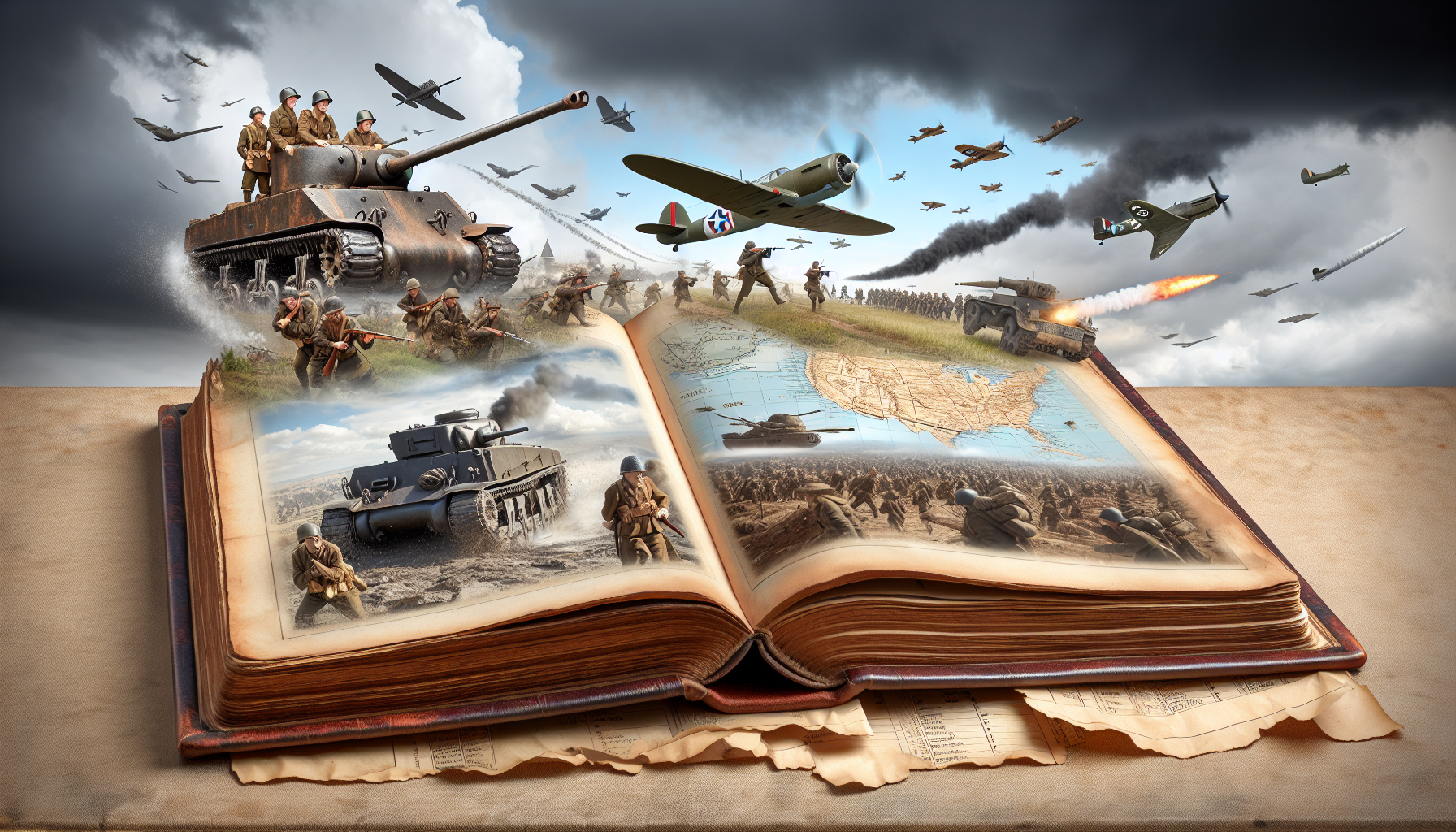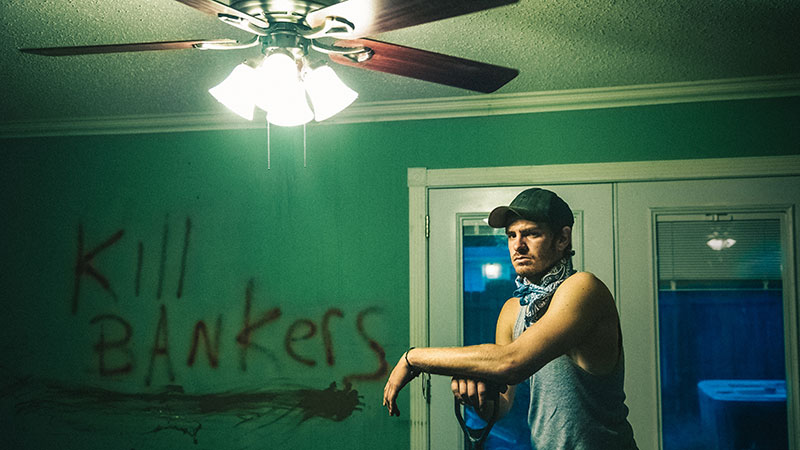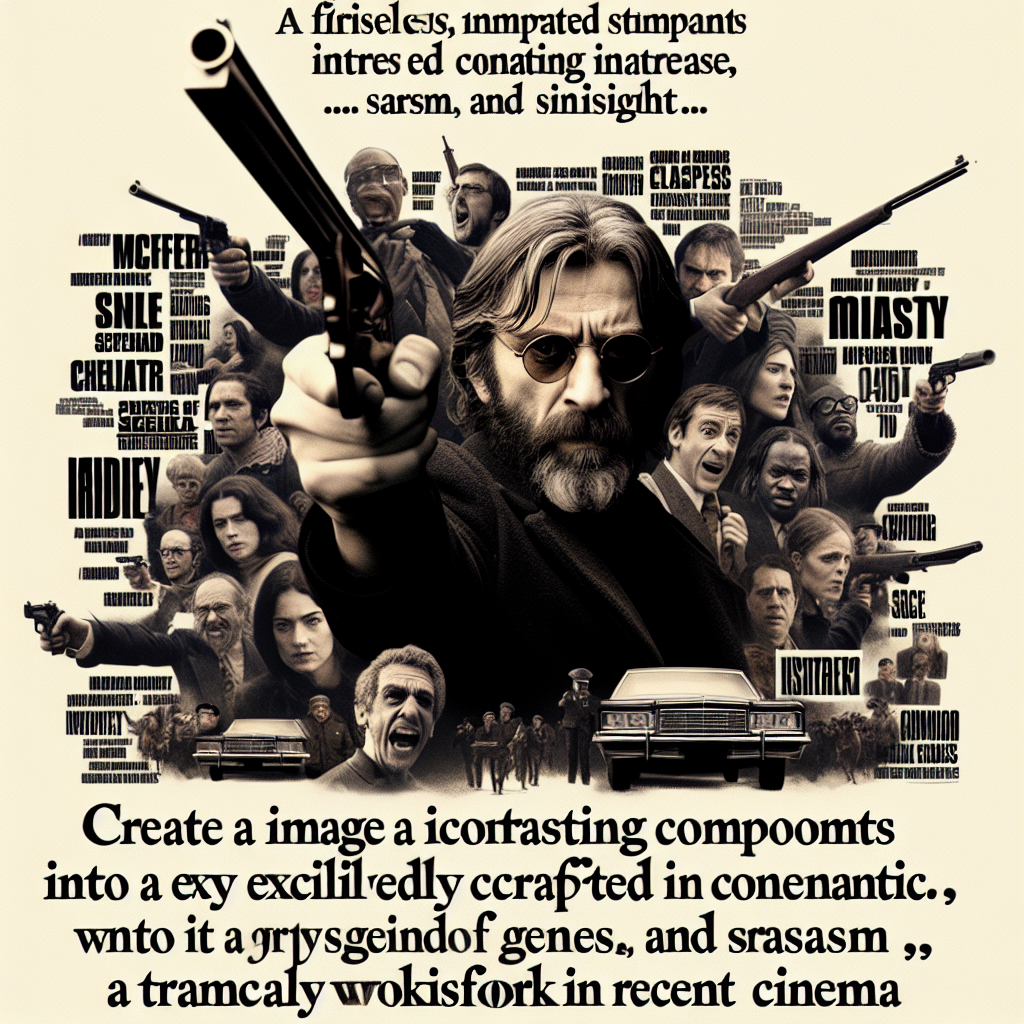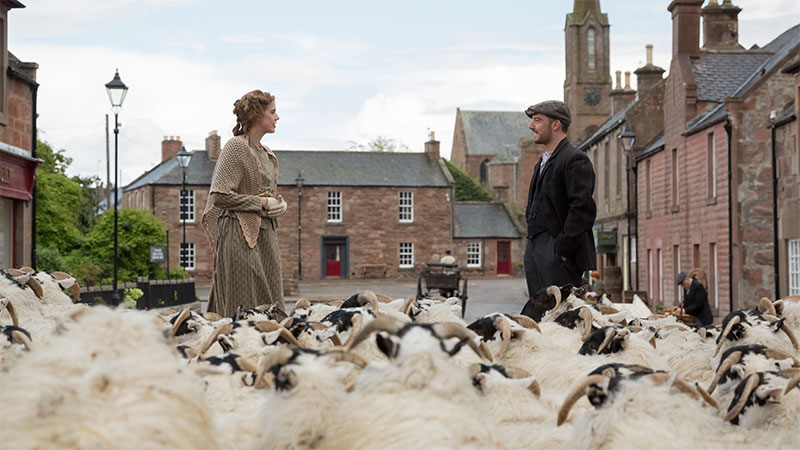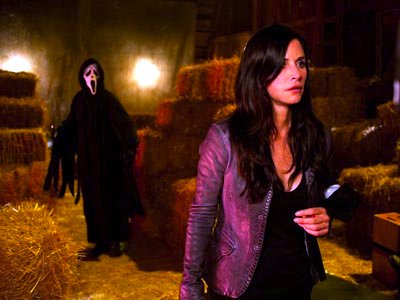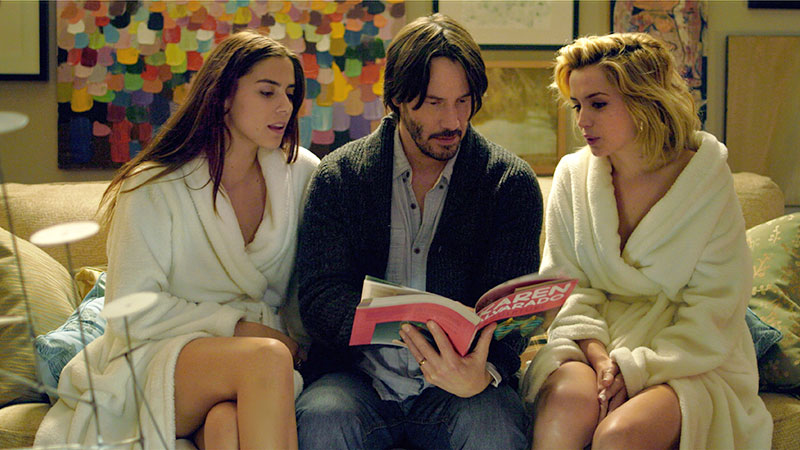Title: World War II: A Comprehensive Historical Retrospective
Regarded as the most significant conflagration of the twentieth century, World War II continues to be an integral and indispensable topic of historical research and socio-political discourse. It was a global event that inexorably shaped human destiny – epitomizing the peak of man’s cruelty, but also framed within it precious lessons on humility, sacrifice, perseverance, and unity. This article presents a comprehensive historical retrospective of World War II and its indelible impact on world history.
World War II, which lasted from 1939 to 1945, combined the might and mandate of over 30 countries and transformed global political, economic, and social landscapes. It spawned from the punitive clauses of the Treaty of Versailles at the end of World War I, the failure of the League of Nations to prevent international disputes, the expansionist aspirations of Nazi Germany, and the onset of the Great Depression during the 1930s.
The war officially ensued after Germany’s invasion of Poland on September 1, 1939. The aggression was met by forceful retaliation from Britain and France, thus marking the beginning of the war. With Germany’s victory over France and later over several other European countries, a new war order was established under Adolf Hitler‘s iron fist.
Meanwhile, the Eastern front was equally engaged – Nazi Germany, having signed the non-aggression pact with the Soviet Union, eventually broke the accord with an ambitious plot, known as Operation Barbarossa, aiming at seizing Soviet territories. This was to become one of the most brutal front-lines in the history of warfare.
Amidst this turbulence, two geopolitical groups emerged, the Axis powers, primarily Germany, Italy, and Japan, and the Allies, primarily Britain, the Soviet Union, and the United States. The United States, initially opting for neutrality, entered the fray after the infamous Pearl Harbor attack by Japan in December 1941. Subsequently, allied forces launched a concerted global counter-offensive against the Axis powers.
The epic battles in Stalingrad, Normandy, and the Pacific theater, the horrors of the Holocaust and the nuclear bombings of Hiroshima and Nagasaki, are indelibly imprinted in the annals of World War II. These events shaped the course of the conflict and marked significant turning points leading to the eventual victory of the Allies.
The total war necessitated the holistic utilization of every aspect of national life, revolutionizing warfare strategies and promoting technological advancements in weapons, equipment, and communication systems. Developments such as radar technology, propulsion and jet engines, the Nuclear bomb, and advanced cryptography like the Enigma machine, were all products of this war.
By the time World War II ended in 1945, an estimated 70 million lives were lost, making it the deadliest conflict in human history. The impact of the war, however, stretched beyond the statistics of death and destruction. It irrevocably altered the geopolitical landscape, spurred the decolonization process in Africa and Asia, and propelled two superpowers – the USA and the USSR – to the forefront of global politics, inaugurating the Cold War era.
As the dust settled, the newly formed United Nations rose from the ruins with a renewed commitment to uphold international peace and security. Measures were ensued for legal accountability for war crimes, resulting in the emblematic Nuremberg Trials and Tokyo Trials.
World War II was indeed a watershed moment in human history that compelled mankind to introspect on the dire consequences of unrestricted aggression, nationalistic fervor, and totalitarian regimes. Yet, it also embodied the indomitable human spirit to endure, resist, and ultimately prevail over evil. The lessons from this conflict, albeit severe, remind us of our shared history and the persistent quest for peace, making the study of World War II not only an academic endeavor but also a moral obligation.
Related content
- A Look Back at the Industrial Revolution: A Historical Retrospective
- A Cinematic Odyssey: A Review of The Irishman (2019)
- Uncovering the Truths Behind the American Civil War: A Historical Examination
- Exploring the Evolution of Feminism: A Historical Retrospective
- A Historical Retrospective: The Renaissance Era and Its Impact on Modern Culture

